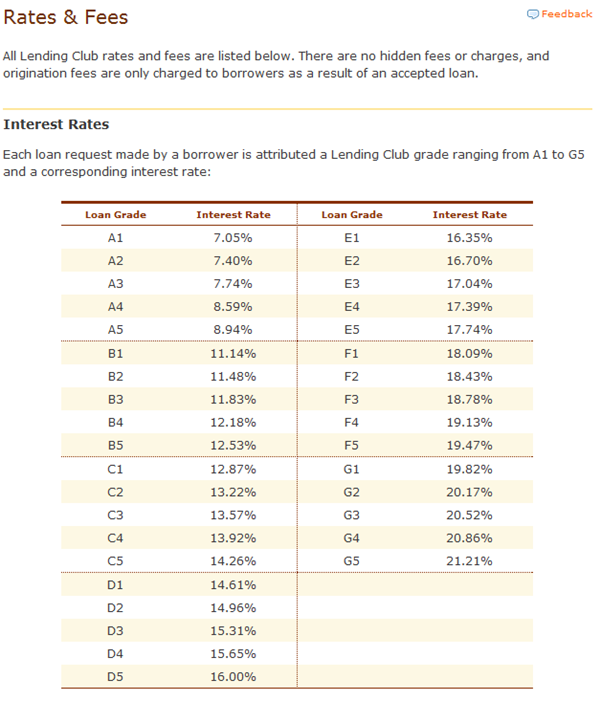Among the true reward card gurus, there are several loopholes that people have been exploiting to rake in some seriously high value rewards. In the last few weeks, some of the loopholes appear to be closing, albeit slowly and inconsistently.
CitiCard Churning
This is the process of applying for multiple cards in order to reap the sign up bonus. For example, the American Airlines card offers 30,000 miles after your spend $750. Unlike most cards, they do not prohibit you from taking advantage of this offer multiple times. Some have gone so far as to receive dozens of sign up bonuses. I can’t possibly mention this tactic without warning people that this is an extremely risky strategy from many, if not most people. If having too many credit cards causes you to overspend, or even to not pay every bill on time and in full, do not even think about this. The crackdown seems to be that CitiBank is no longer automatically accepting everyone all of the time. Furthermore, there are rumors that the annual fee will not be waived for “new” cardholders starting next year.
US Mint Dollar Coins
The Mint has been offering dollar coins for face value with free shipping for some time. There is a series of Presidential dollar coins, as well as one commemorating Native Americans. It has been possible to order these coins on your credit card, and to deposit them in your bank account, reaping the miles or cash back. Recently, a notice was placed on the web site indicating that these transactions may be counted as cash advances, whereas before they were processed as purchases. Also, some people received a letter saying that people were abusing the program purchasing these coins with intentions other than circulation. There were no threats in the letter, as this practice is perfectly legal in every way, but it was an ominous sign that someone, somewhere was not happy with this practice. Others have pointed out that credit card companies are entitled to code any transaction the way they want to, the Mint has no control. Furthermore, one can request that their credit card company turn off the option for cash advances, or set the maximum amount to zero. In this instance, it should be impossible to process a coin order, if you credit card company decides it is really a cash advance.
Chase British Airways Deal
I have written about this deal that not only offers 100,000 British Airways miles as a signup bonus, but also offers a free companion award ticket after $30,000 annual spending in a calendar year. This is a great deal, but they are not accepting a lot of people who normally get any credit card they apply for. This seems to be one of the most restrictive offers out there, with rejections going to people with high credit scores, but a few too many recent inquiries on their credit report. It is not known how long the 100,000 bonus mile “limited time” offer will be around, although the terms of the companion ticket seem to assume that that offer is a long term deal.
What Does This Mean?
People who read a lot of mainstream press reports will see this as a sign that the credit card companies are truly being forced to limit reward cards in anticipation of the CARD Act becoming effective. I don’t it. If that were true, why would Chase and British Airways be offering a new credit card with unprecedented rewards? There is no indication that Citi will stop offering reward cards, just that it is beginning the process of closing an existing loophole. This is sad for those who have been successful in exploiting it, but seasoned reward card veterans will recognize this is part of the life cycle of a deal. A loophole or any other great deal is initially discovered and revealed on messageboards like FlyerTalk, or travel and credit blogs, like this one. As people exploit it, the deal becomes more and more popular. Eventually, someone at the credit card industry notices the problem, and ultimately makes some change to close the loophole. Sometimes this process takes years, as the CitiBank churning strategy has been around for several years now. Other times, the cycle takes days, like the “Big Delta Promo” last year that supposedly was not supposed to exist in the first place. In the case of a airfare misprint, the cycle can take hours or even minutes from discovery until shutdown. This is the natural cycle, and it is continuing to this day. There is no sign that these deals are disappearing forever. I am confident that there will always be a new deal on the horizon.
The important thing is to be prepared for these deals. Keep a high credit score by paying all of your bills on time. Keep a low utilization rate, that is spend far less that your availible credit. Keep a few cards for a long time. Having a longer average credit history helps your score. The most important thing is to always pay each bill in full; never pay interest on your credit cards. As I have said, many, many times, if you pay interest, you should not even be in the reward card game at all. If you have an outstanding balance, your only priority should be paying that off, and find a credit card with the lowest interest rate to help you do so. Reward cards will incent you to spend more, and they do not have the lowest interest rates.
Follow these simple rules, and you will be ready to pounce at the next great deal.

 The
The 

















